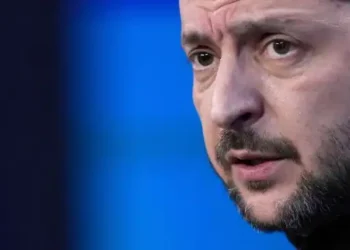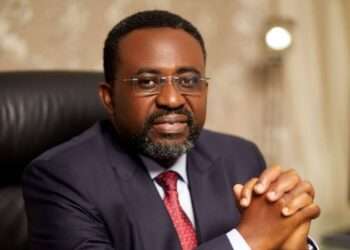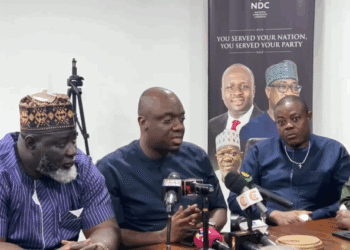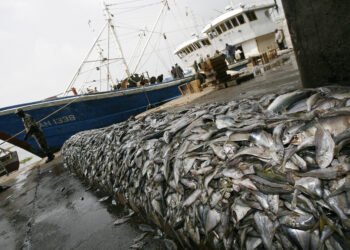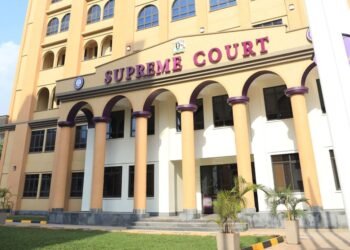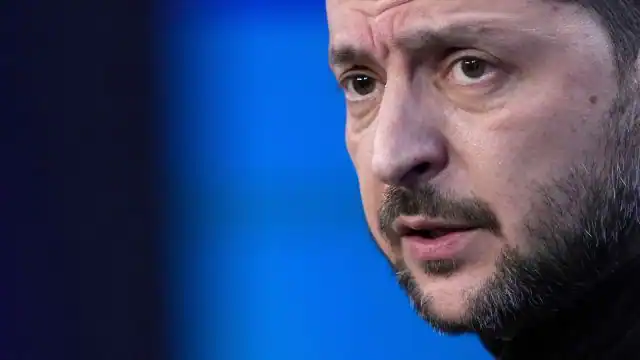After Senegalese Prime Minister Ousmane Sonko’s high-profile visit to Ankara, political researcher Dr. Chipo Dendere has urged Dakar to ensure that Turkey’s billions in promised investments go beyond brick-and-mortar projects to leave a lasting imprint on local skills, governance, and economic sovereignty.
The August 7 talks between Sonko and Turkish President Recep Tayyip Erdoğan yielded ambitious targets, raising bilateral trade to $1 billion in the short term and $3 billion in the long run, alongside agreements spanning defense cooperation, hydrocarbons, infrastructure, higher education, and multimedia. The two leaders pitched the partnership as a “win–win” framework rooted in equal partnership.
But Dr. Dendere told Vaultz News that without deliberate policy safeguards, such deals risk concentrating benefits in foreign firms and sidelining Senegalese talent. “Senegal can embed capacity-building clauses directly into project contracts, requiring joint ventures with Senegalese firms and mandatory technology transfer,” she said, adding that co-funded vocational training centers would ensure “local technicians gain hands-on experience in operation and maintenance.”
The researcher stressed that domestic supply chains should not be an afterthought. She advised setting “local content thresholds” for labor, materials, and services procured within Senegal, paired with tax incentives for projects that exceed these benchmarks. A government-led oversight body, she argued, could track compliance and tie loan disbursements to workforce training milestones.
This, Dr. Dendere said, is critical for Senegal’s post-pandemic recovery plan, which aims to finance 90 percent of its programs domestically.
The Ankara trip also spotlighted an expanding defense relationship, including intelligence sharing, counterterrorism cooperation, and joint drone projects. While Turkish technology offers clear advantages, Dr. Dendere cautioned against letting security overshadow development.
“Senegal should codify defense-industry collaboration within a dual-use framework that explicitly prioritizes civilian applications—emergency response drones, border surveillance for anti-poaching, and cybersecurity infrastructure.”
Dr. Chipo Dendere
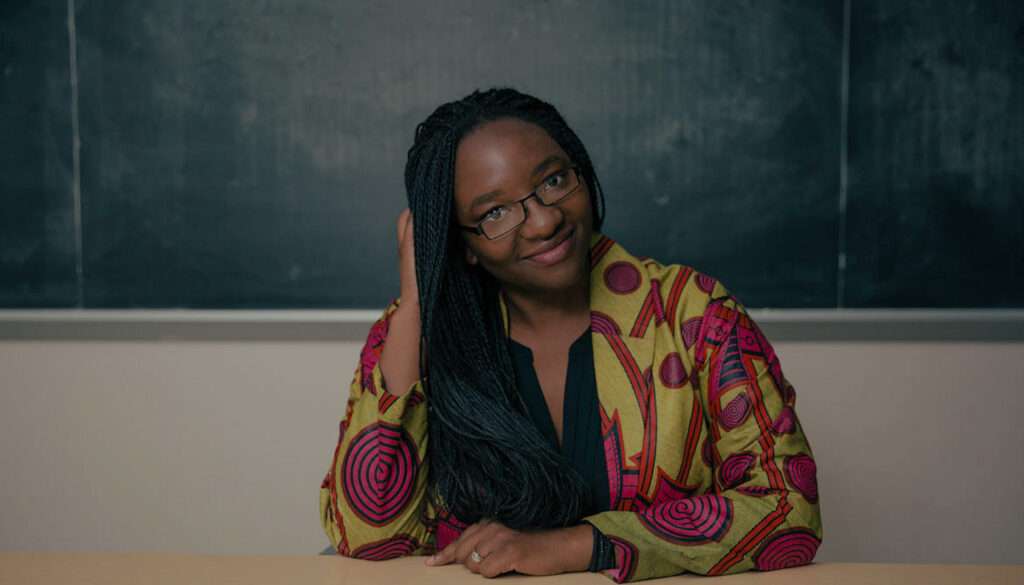
Her suggestions include a trilateral oversight committee bringing together Senegal’s defense and economic ministries with an independent civil-society watchdog. This body would review contracts for development impact, ensure transparency, and guard against overdependence on Ankara.
On financing, Dr. Dendere was clear: Turkish credit lines must complement, not replace, domestic funding. She recommended structuring loans in local currency or hedging against exchange-rate swings and capping external debt service at “a prudent threshold, such as 15 percent of annual revenues.”
She also proposed “debt-for-capacity swaps”, where debt relief is granted in exchange for Turkish-backed training programs, transforming obligations into skills and technology transfer.
A key announcement in Ankara was Senegal’s invitation to Turkish firms to “recycle” existing infrastructure assets, handing them long-term concessions to operate ports and toll highways. Dr. Dendere said the initiative could modernize regional trade corridors but warned of risks without strong regulation.
“To protect national interests, Senegal should implement transparent tender processes with clear performance criteria—traffic throughput, maintenance standards, and tariff caps—to prevent monopolistic pricing.”
Dr. Chipo Dendere
She further advised “reversion clauses” allowing the state to reclaim assets if operators fail to meet service obligations, alongside independent regulators to audit accounts and enforce fair competition.
Measuring Success Beyond Trade Targets
While the $3 billion trade goal makes headlines, Dr. Dendere stressed the importance of deeper metrics.
“Dakar and Ankara should agree on sectoral KPIs—local employment generated, percentage of procurement spent domestically, renewable-energy capacity added, and joint R&D outputs.”
Dr. Chipo Dendere
She called for a biannual Senegal–Turkey Joint Economic Council, rotating between capitals, to monitor progress and resolve disputes through binding arbitration panels. Annual public impact reports, she added, would help ensure transparency and public trust.
The Sonko–Erdoğan meetings were framed as part of a broader strategy to harness Senegal’s young workforce, renewable-energy potential, and cultural ties with Turkey for mutual benefit. The Türkiye–Senegal Business Forum in Istanbul, held alongside the talks, showcased opportunities from the Diass Special Economic Zone to October’s “Invest in Senegal” forum.
For Dr. Dendere, the challenge is translating such optimism into concrete, inclusive outcomes. That, she said, will require institutions strong enough to enforce the fine print and a clear-eyed approach to balancing foreign capital with national priorities.
“This can be a transformative decade for Senegal,” she concluded. “But only if these deals are built on shared prosperity, not just shared signatures.”
READ ALSO: Search And Rescue Lapses Questioned After Fatal Helicopter Crash


